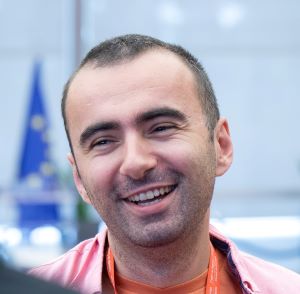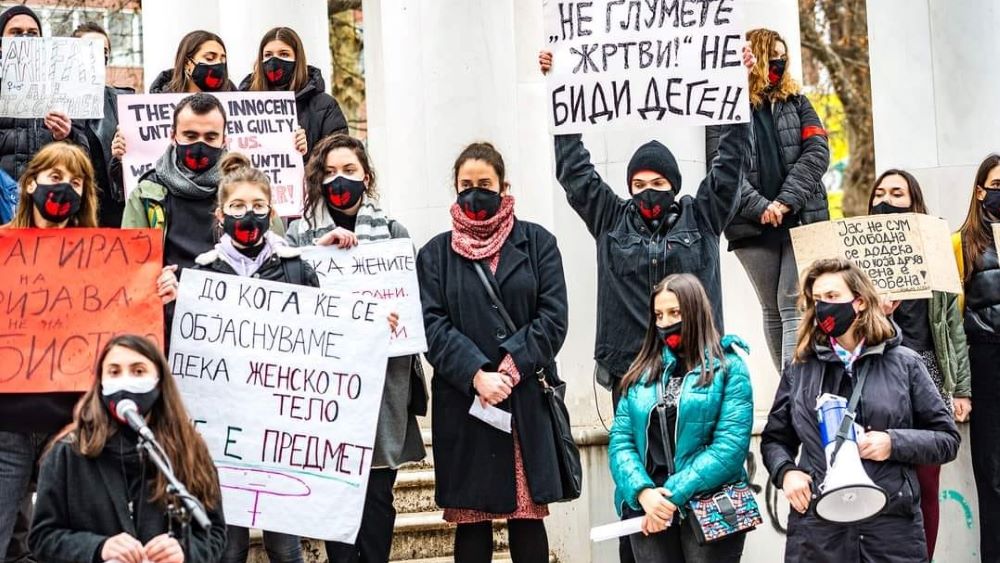It seems we will increasingly witness combinations of burnout, weariness, and disillusionment in activism.

Angel Dimitrievski
A few hours before writing this text, I was getting ready to start the day by listening to an interview in which the author says that the most radical choice he can make is what he will read, how he will write and act in his work. In our work with activists, young people and various members of marginalized communities, this premise is something that constantly leads us to the possibility of giving space to citizens in which they will have self-confidence, critical potential and skills to question and change social trends.
However, it seems more and more difficult and challenging to continue the tradition of activism and active citizenship in a society in which there is great disillusionment with how citizens’ demands are resolved. Just a few months ago, we witnessed major cuts in the budget items for the Youth Cultural Center in Skopje. I believe that it is no coincidence that we are talking about cutting the budget of this institution, the place where citizen mobilizations take place and the development of an alternative scene, where young people network in ways that are informal. This is not an isolated case. The Covid pandemic and various effects of the economic crisis have resulted in many ongoing situations that threaten the well-being of activists. Equalis was part of a regional project in which we detected that post-pandemic young people face a significantly greater number of challenges with their mental health, and this directly affects their capacity to act on issues that matter to them in their local communities.
It seems we will increasingly witness combinations of burnout, weariness, and disillusionment in activism. Even so, we should not give up. Through many of the training programs that Equalis works on in the field of democracy and active citizenship, we also focus on the well-being of the activists. Here, we particularly emphasize self-care mechanisms, setting boundaries, as well as establishing safety mechanisms. We start from the premise that only if we take care of our well-being as activists, then we can give more to the causes we fight for. This approach proves to be particularly successful with activists who are involved over a longer period of time, and who know how to set boundaries and take care of themselves.
This is not such an easy task. A large number of the activists with whom Equalis works through its programs are people who are condemned in various ways in their communities, attacked by various anti-democratic groups, where their involvement in civil associations is marked as ‘Western propaganda’ or that ‘those kids have been brainwashed.’ When we spoke to a group of activists about how they would build a counter-narrative to such pre-existing narratives, young activists pointed out that what bothers them is the taking away of their ability and portraying them as helpless individuals. Various groups of concerned parents, teachers, university professors, religious leaders, and even politicians have been talking for years about how to protect young people, completely suppressing the realities that young people can authentically express their views and that they will not allow to be used as decor in the narratives of various anti-democratic groups.
Our role as an organization is to engage activists in a process that would put them in a network, but would also go further, beyond a certain physical space, and then begin to spill over into various other social spaces. As a result, we saw how, through this more complex process of education, thinking and direct action, the target groups we work with were on the main fronts when it came to the rights of high school students and university students, labor rights, women’s rights and gender-based violence, as well as the rights of sexual minorities.
Angel Dimitrievski works as a program coordinator in the Association for Educational Development – Equalis



Leave A Comment